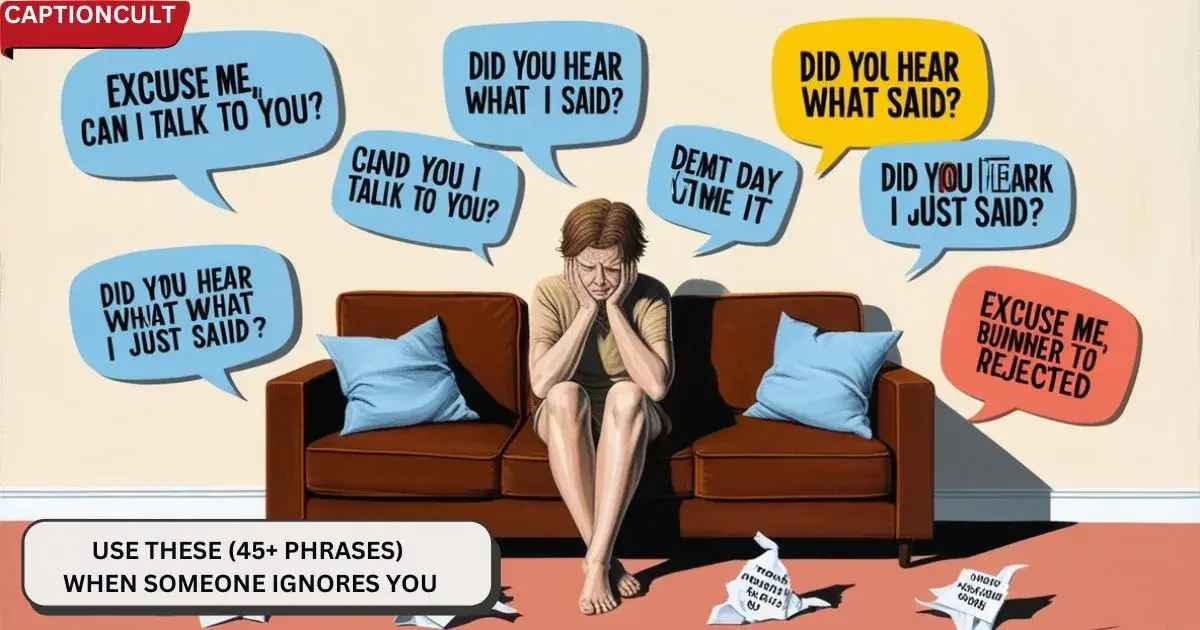Ignoring you is a frustrating experience, whether it’s a friend, family member, colleague, or romantic partner. It can leave you feeling confused, hurt, and unsure of how to proceed. Understanding the underlying reasons for the silence is crucial, as is responding with the right tone and approach. This article provides you with a toolbox of 45+ Phrases When Someone Ignores You, covering various situations and communication styles.
We’ll explore the nuances of reverse psychology when someone ignores you, discuss the best replies in different contexts, and even offer some witty sarcastic reply when someone ignores you options. Learning how to navigate these tricky social situations is a vital skill for healthy relationships and effective communication. Let’s delve into the art of responding when faced with the silent treatment.
Understanding the Silence: Why People Ignore
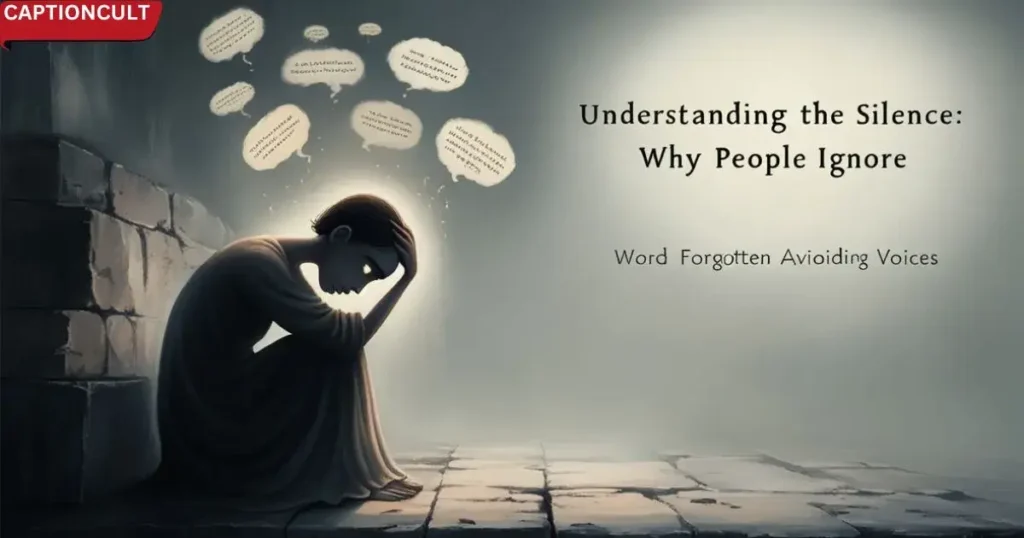
Before diving into the phrases, it’s important to understand the possible reasons behind someone ignoring you. This context helps you choose the most appropriate response. What is the best reply when someone ignores you? The answer depends heavily on the situation and your relationship with the person. Possible reasons include:
- Misunderstanding: A simple miscommunication could be the root cause. Perhaps a message was misinterpreted, or there’s a crucial piece of information missing.
- Emotional Distance: Sometimes, ignoring is a way of expressing hurt, anger, or disappointment. Understanding their emotional state is key to a productive response.
- Avoidance: The person might be avoiding a difficult conversation or conflict. They might be overwhelmed or unsure how to address the issue.
- Narcissistic Behavior: In some cases, ignoring might stem from narcissistic tendencies, where the individual prioritizes their own needs and feelings above others’.
- Busy Schedules: Sometimes, the silence is unintentional. They might simply be overwhelmed with work, family commitments, or other responsibilities.
Reverse Psychology When Someone Ignores You: A Strategic Approach
Reverse psychology when someone ignores you can be a powerful tool, but it’s crucial to use it thoughtfully. It involves subtly changing your behavior or expectations to encourage a response. It’s about understanding their behavior, predicting their response, and then subtly contradicting their expectations. Reverse psychology when someone ignores you over text, for instance, could involve sending a seemingly nonchalant message, or playfully acknowledging their silence.
However, reverse psychology isn’t a guaranteed solution, and misuse can backfire. It requires careful consideration of the relationship dynamics and the person’s personality. Reverse psychology when someone ignores you reddit and other online forums often discuss its effectiveness and potential pitfalls.
What is the Best Reply When Someone Ignores You? A Range of Responses
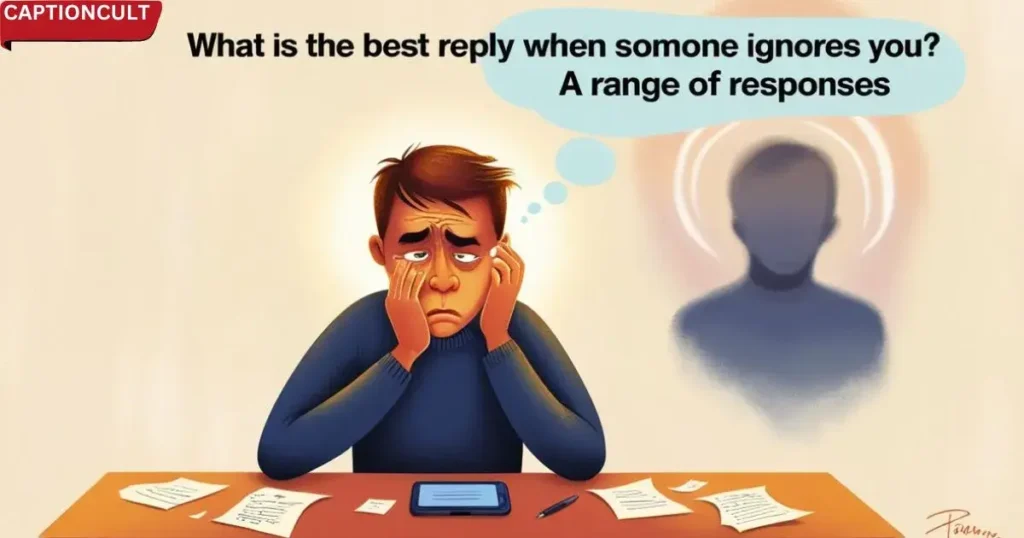
Here’s a curated list of phrases, categorized for different situations and communication styles. Remember to adapt the tone to your relationship and the context.
General Responses:
- “Is everything okay?” (Simple and shows concern).
- “I hope you’re doing well.” (Polite and non-confrontational).
- “Just checking in.” (Casual and low-pressure).
- “Did my message get lost?” (A simple query addressing possible technical issues). This addresses miscommunication silence.
- “I understand if you’re busy.” (Acknowledges potential time constraints).
- “Let me know when you have a moment.” (Gives them space while keeping the line open).
- “No worries, I’ll reach out later.” (Shows respect for their time and space).
- “Am I a stranger?” A question that uses indirect engagement to spark a response.
- “Can I know the reason for being ignored?” Direct, but can lead to difficult conversations.
- “I’m happy to hear from you whenever you are available.” (Respectful and patient).
- “If you’re upset, we can find a solution together.” Offers understanding and a path to reconciliation.
- “I value our connection, and I hope we can communicate better.” (Expresses the importance of the relationship).
- “I hope things are better now.” Gentle and positive.
Witty and Sarcastic Replies (Use with caution, depending on your relationship):
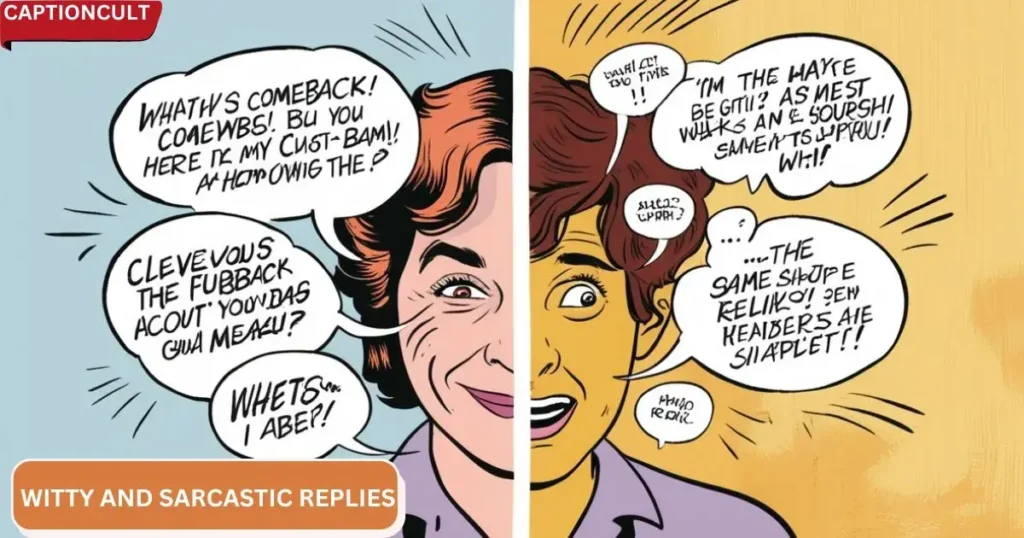
- “Are you practicing for a silent character in a movie?” (Lighthearted and humorous).
- “Busy with the silent treatment, I see.” (Playfully points out the silence).
- “Oh, I get it, you prefer the silent treatment.” (Irony to encourage a response).
- “I think you’re hungry for this same behavior.” (A sarcastic, but pointed observation).
- “Please let me know if you’re getting bored.” (A playful, reverse psychological approach).
- “Is this your new communication style?” (Lightly challenges the silence).
Direct and Assertive Replies:
- “I’d appreciate a response when you have a moment.” (Polite but firm).
- “I need to understand what’s going on.” (Clearly states the need for communication).
- “Your silence is making things difficult.” (Highlights the impact of their behavior).
- “I deserve an explanation for this behavior.” (Direct and assertive).
Empathetic Replies:
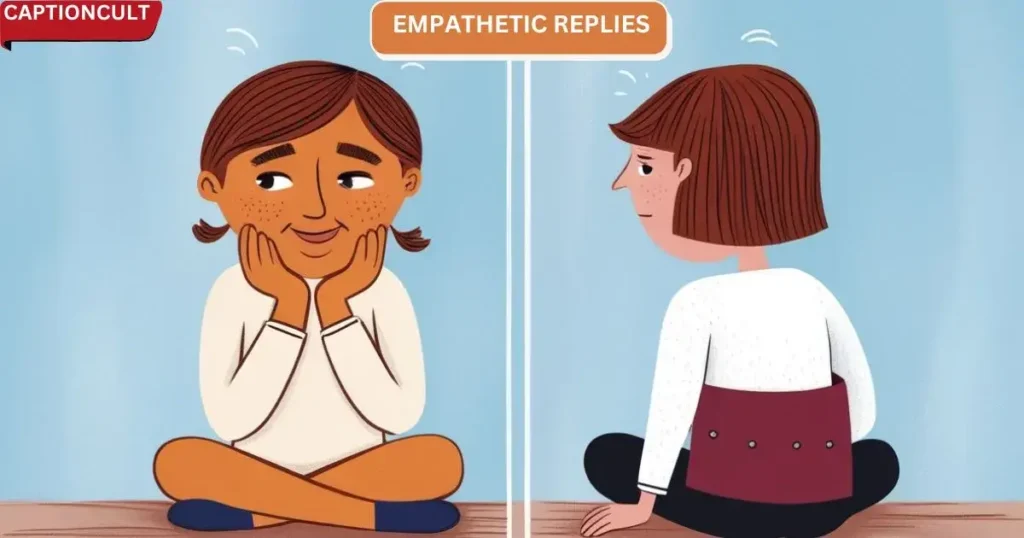
- “I’m here for you if you need to talk.” (Offers support and understanding).
- “I’m concerned about you.” (Expresses worry and care).
- “Is there something I can do to help?” (Offers practical support).
- “I know things can be tough, but I’m here for you.” This speaks to emotional silence.
- “I’m sorry if I upset you.” (Takes responsibility and shows remorse).
Last Message Options (When you’ve tried other approaches):
- “I’ve tried to reach you multiple times; if you don’t want to communicate, I respect that, but please understand that this is hurtful.” This can be a last message to someone who ignores you.
- “I’m giving you space, but I hope we can talk soon.” (Leaves the door open while respecting their need for space).
- “If this is how things are going to be, I need to understand where I stand.” (Sets clear boundaries).
Reverse Psychology Examples:

- “It’s fine, I’ll find someone else to [activity] with.” (Subtly suggests that their absence doesn’t bother you). This is an example of reverse psychology when someone ignores you.
- “I’m going to [activity] with [friend], so I won’t need you.” (Subtly hints that you have moved on, potentially prompting a reaction). This is an example of reverse psychology when someone ignores you at work or socially.
- “Well, you’re missing out on all the fun!” (A light jab that can encourage them to engage).
Quotes (Use carefully and contextually):
- “Silence is golden, unless you’re ignoring someone.” (Humorous observation that indirectly addresses the situation). An example of what is the best reply when someone ignores you quotes.
- “The best response to silence is often silence.” (Sometimes it’s best to let it go).
- “Actions speak louder than words… and silence is a very loud action.” (Highlights the impact of ignoring).
- “Sometimes, the best way to communicate is by not saying anything at all.” (Plays on the irony of silence in communication).
- “A person who ignores you is not worth your attention.” (Strong statement regarding self-worth).
Professional Context Phrases:
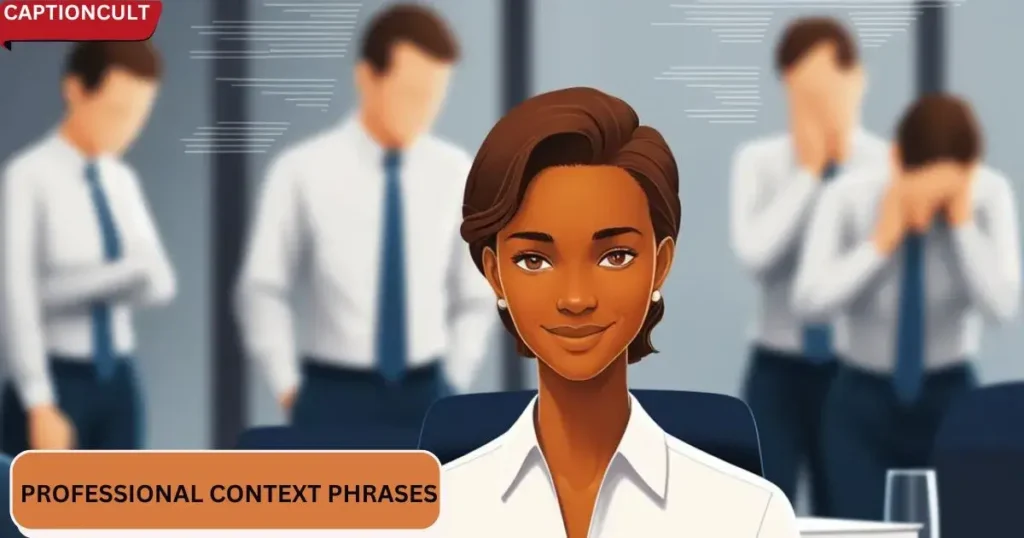
- “I would appreciate a response by [date/time] to discuss [project/topic].” (Professional, direct, and sets a deadline). Addresses reverse psychology when someone ignores you at work.
- “Please let me know if you require any further information from my end.” (Professional, offering help).
- “I understand you may be busy, but this needs to be addressed as soon as possible.” (Direct and addresses time constraints).
Additional Phrases and Tips:
- “I’m happy to talk whenever you’re ready.”
- “I’m not sure what’s going on, but I’d like to clear the air.”
- “I value our relationship, and I want to understand your perspective.”
- Don’t overthink it. Sometimes, the simplest approach is best.
- Give them space if they need it, but don’t disappear completely.
- Focus on self-care during this time. Don’t let their silence drain your emotional energy.
- Consider if the relationship is healthy. Sometimes, people who consistently ignore you are not worth your time and energy.
What to Do If You Feel Genuinely Hurt

If the ignoring is causing you significant emotional pain, focus on your well-being. Talking to a trusted friend, family member, or therapist can provide support and guidance. Understanding male psychology when he ignores you (or female psychology, for that matter) is important, but remember that your emotional health comes first. You deserve to be treated with respect.
Advanced Psychological Considerations
Understanding Male Psychology When He Ignores You
Men might ignore communication for various reasons:
- Fear of emotional vulnerability
- Need for space
- Processing complex emotions
- Avoiding confrontation
Reverse Psychology When Someone Ignores You Over Text
Digital communication adds layers of complexity. Key strategies include:
- Keeping messages brief
- Avoiding emotional flooding
- Using intrigue and curiosity
- Maintaining self-respect
Emotional Management and Self-Care
Staying Grounded When Ignored
- Recognize your self-worth is not defined by someone’s response
- Practice emotional detachment
- Focus on personal growth
- Seek support from other relationships
FAQs
What to do when someone ignores you in psychology?
Consider their potential motivations—misunderstanding, anger, or avoidance—then choose a response accordingly. Prioritize self-care and healthy boundaries; don’t let their silence define your self-worth.
How do you respond when someone purposely ignores you?
Depending on your relationship, a simple check-in might suffice or a more direct, assertive approach might be necessary. Always prioritize your emotional well-being and healthy communication.
What is the psychology of ignoring someone you like?
Ignoring someone you like can stem from insecurity, fear of rejection, or a manipulative tactic. It’s a complex behavior with varying motivations.
How do you respond to being ignored?
The best response depends on the situation and your relationship with the person. Consider if a direct approach is warranted, or if it’s better to give them space.
Why would someone purposely ignore you?
People ignore others for various reasons: anger, hurt feelings, avoidance of conflict, or even as a manipulative tactic. The reasons are often complex.
Should I text him after a week of silence?
Whether to text after a week depends on the context of your relationship and the reason for the silence. Consider if further contact is worthwhile given your past communication patterns.
Is 1 week no reply ghosting?
A week of no reply could be ghosting, but it could also be due to many other reasons. Context matters greatly in determining whether the silence constitutes ghosting.
Conclusion: Your Emotional Toolkit
Ignoring someone is tough, and figuring out how to respond can be even tougher. This article gave you many options, from simple check-ins to witty comebacks, helping you choose the right approach based on your relationship and the situation. Remember to consider the context before you respond; sometimes a simple “Is everything okay?” is best, while other times a more direct approach is needed. Ultimately, Use These (45+ Phrases) When Someone Ignores You to find what works for you.
Choosing the right words can be empowering. Think about your goals – do you want to re-engage, set boundaries, or simply acknowledge the silence? Consider whether a sarcastic reply when someone ignores you might be appropriate, or if a calm, empathetic response is better suited to the situation. Learning to navigate these tricky social situations is crucial, and we hope this guide has helped you feel more prepared.
Knowing how to use reverse psychology when someone ignores you or finding the perfect last message to someone who ignores you can help restore communication and understanding. Remember, sometimes the best response to silence is to give them space, while other times it is to directly communicate your needs. Finding that balance is key. These 45 Phrases When Someone Ignores You, and understanding what is the best reply when someone ignores you? and what is the best reply when someone ignores you quotes, provide a starting point for navigating these challenges.

This is a passionate author whose work explores the power of language and storytelling. With a keen eye for detail and a commitment to excellence, Julian believes that every word has the potential to create meaning and beauty. “Where Words Find Perfection” is a reflection of his dedication to crafting narratives that resonate deeply with readers.

